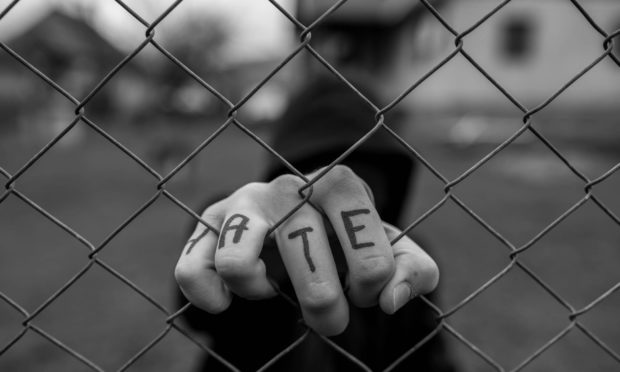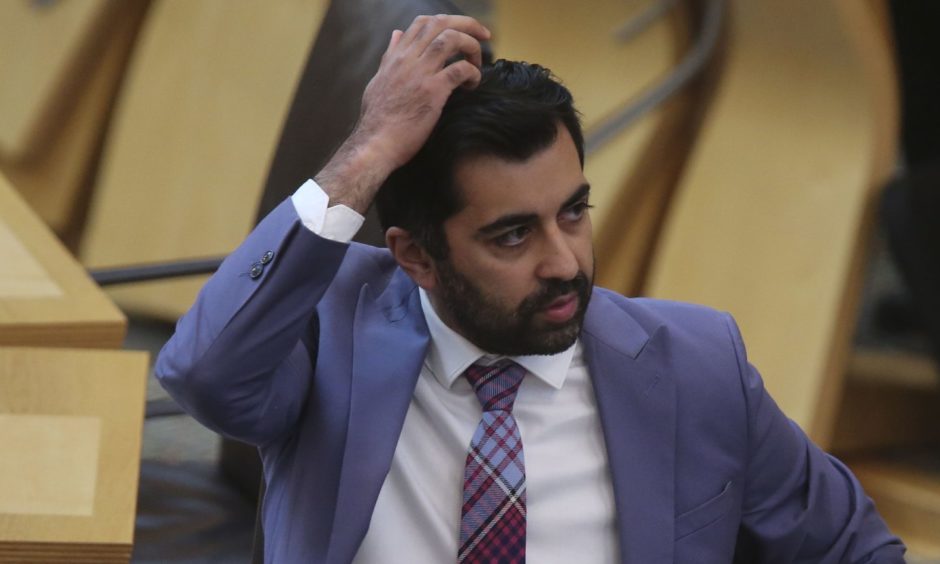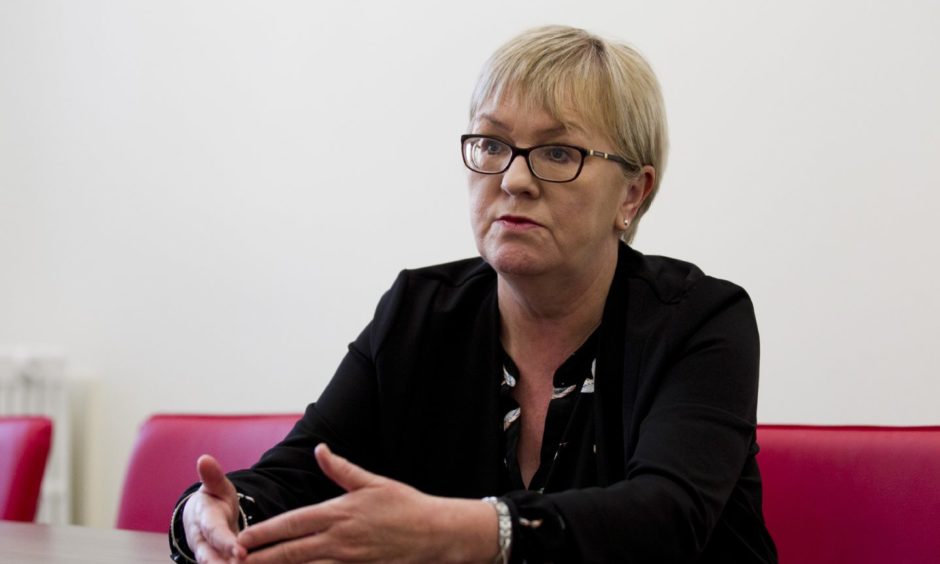Free speech campaigners have urged MSPs to delay scrutiny of draft hate crime legislation as it passes its second hurdle in the Scottish Parliament.
The justice committee concluded stage two scrutiny of the bill on Tuesday, which includes controversial new stirring up hatred offences.
Adam Tomkins, convener of the committee, said the “difficult bill” has “generated a lot of controversy and not a little heat”.
A joint letter was sent to MSPs last week by free speech campaigners including Jim Sillars, former deputy leader of the SNP, and shared concerns over the potential “chilling effect” of the bill on freedom of expression.
It comes after Justice Secretary Humza Yousaf ditched amendments on freedom of expression in favour of seeking “consensus” on a ‘catch-all’ free speech clause, to be presented before the final, stage three debate.
‘Discussions will continue’
Mr Tomkins told MSPs on the committee that “discussions were under way between the parties and the Cabinet Secretary” on stage three amendments, particularly on freedom of expression.
It later emerged that the committee has agreed to hold an additional meeting on February 22 with Mr Yousaf and other invited witnesses to take evidence on the bill and freedom of expression amendments.
The committee convener said the parliament has “not yet determined when stage three will be held” but said members would be informed in “due course”.
This month Mr Tomkins said he was “disturbed” and “a little afraid” by the backlash to an amendment, later scrapped, that sought to exempt “criticism of transgender identity” from hate crime laws.
The decision to instead pursue a ‘catch-all’ freedom of expression clause came following concerns from equality groups that the specific focus on transgender identity could leave individuals feeling “targeted and marginalised”.
‘Not transparent’
Referring to the letter sent by free speech campaigners, Johann Lamont MSP said there was “some anxiety” the process for drafting of this new freedom of expression clause is “not transparent”.
She added that even in raising these issues on the characteristic of sex she has been accused of “stirring up hatred” and this shows the need for “these anxieties to be addressed”.
The Scottish Labour MSP said: “It would be important to know: is the Cabinet Secretary going to meet with groups like For Women Scotland and others who gave evidence to the committee and will there be a chance for people to stress test that.”
‘Highly concerning’
The letter, signed by figures including former deputy SNP leader Jim Sillars and Peter Tatchell, human rights campaigner, said amendments to safeguard freedom of expression on religion, sexual orientation and transgender identity are “vitally important” as they are “topics subject to strong and often controversial debate”.
Jamie Gillies, spokesman for the Free to Disagree campaign, one of the signatories of the letter, said it is “highly concerning” that the shape of free speech provisions in the Hate Crime Bill is still being decided weeks before a final vote.
“Given the concern over the bill, strong free speech clauses should already have been agreed to by all parties.
“MSPs can’t afford to get this bill wrong. Doing so could erode precious democratic freedoms and see the parliament returning to the legislation years down the line.
“It would be prudent for MSPs to defer scrutiny of the stirring up hatred offences until after the May election.
“New proposals could be brought forward and discussed over time, with renewed input from a wide range of stakeholders.”


